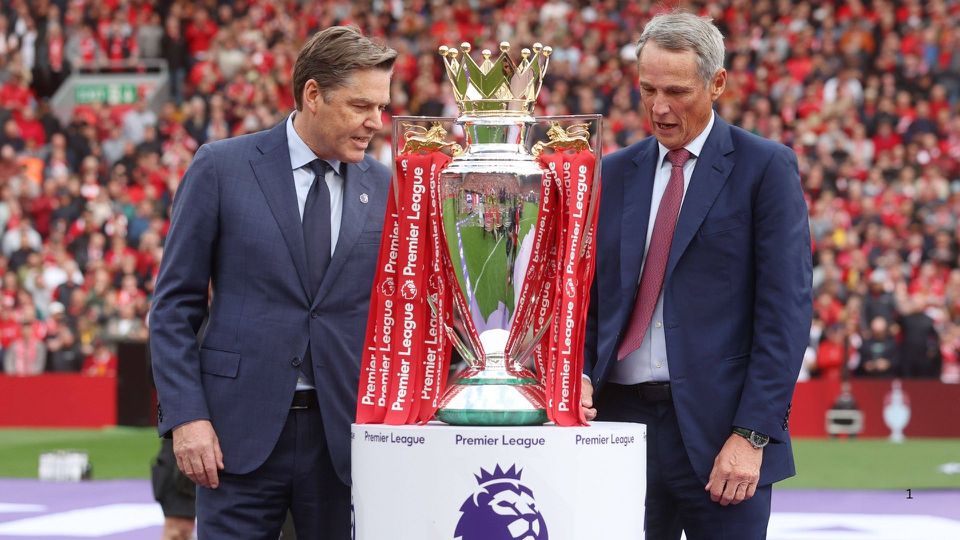The Premier League has confirmed it will not reduce its number of participating clubs from 20 to 18, despite mounting pressure from global football bodies and concerns over an overloaded match calendar. This firm stance comes in the face of growing debate over fixture congestion, player fatigue, and the expanding global football schedule.
1. Consistency Since 1994
One of the strongest arguments against shrinking the Premier League is the structural consistency the league has maintained for over three decades. Since reducing from 22 to 20 teams in 1994, the Premier League has preserved a 380-match season format. This has become a cornerstone of English football, offering a predictable and balanced structure that both clubs and fans rely on.
Altering this structure, critics argue, would disrupt the competitive rhythm and undermine the identity of one of the world’s most popular sporting leagues. Maintaining 20 clubs helps ensure a fair and complete competition where every team plays 38 matches, home and away, against all others.
2. Global Expansion is Not a Justification
While other leagues such as France’s Ligue 1 have opted to shrink to accommodate the congested calendar, the Premier League refuses to follow suit simply to make room for international competitions. Global football bodies have expanded tournaments like the Club World Cup and the FIFA World Cup, consuming increasing amounts of the calendar without adequately consulting domestic leagues.
Domestic competitions are being asked to absorb the pressure, yet many believe this sacrifices their integrity for global gain. The Premier League insists that decisions impacting national leagues should involve those who run them, not be dictated from above.
3. Player Welfare Needs Smarter Solutions
The issue of player welfare has intensified, with stars voicing concerns about burnout. Some have even hinted at the possibility of strike action. While the fixture list is undeniably tight, cutting teams from the league is not seen as a viable solution. Instead, smarter scheduling such as reducing early kick-offs after European games and managing festive fixtures more carefully has already been implemented.
What’s needed, according to Premier League officials, is a coordinated effort with international football bodies to protect players without compromising the integrity of domestic leagues. Rather than reshaping the Premier League, the focus should shift to creating space within the global football calendar.
Despite mounting pressure, the Premier League remains committed to its current format, valuing tradition, fairness, and the unique intensity of its 20-team competition.

